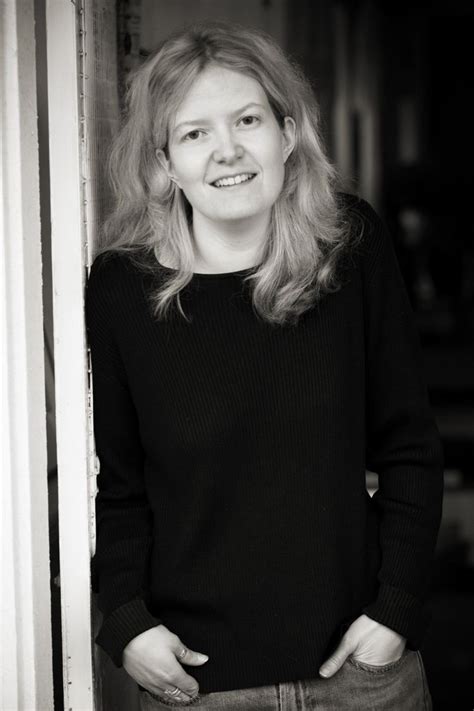A Quote by Jacqueline Woodson
The epistolary form is one of the hardest to write. It's so hard to show something that's bigger in a letter. Plus, you have to have the balance of how many letters are going to work to tell the story and how few are going to make it fall apart.
Related Quotes
One of the ways in which writers most show their inventiveness is in the things they tell us about how they write. Generally speaking, I don't like to make a plan before I've written a story. I find it kills the story - deadens it, makes it uninteresting. Unless I'm surprised by something in a story, the reader's not going to be surprised either.
How do I let the director know how obsessed I am and willing to do anything for the movie? Like, I wanted to write this one director a letter, so I wrote him a handwritten note. But then I was like, 'How many people are writing this guy handwritten letters? Is it going to seem cheesy? What do I do?'
If you gauge how you're doing on whether somebody is responding vocally or not, you're up a creek. You can't do that; you kind of have to be inside of your work and play the scene. And tell the story every day. Tell the story. Tell the story. Regardless of how people are responding, I'm going to tell the story.
Be undeniably good. When people ask me how do you make it in show business or whatever, what I always tell them & nobody ever takes note of it 'cause it's not the answer they wanted to hear-what they want to hear is here's how you get an agent, here's how you write a script, here's how you do this-but I always say, “Be so good they can't ignore you.” If somebody's thinking, “How can I be really good?” people are going to come to you. It's much easier doing it that way than going to cocktail parties.
I really think kids should understand that music is like learning the alphabet. You put small letters together to make words, and then you use these words to create a story, but with music. And they really need to know how to mix and match those letters and how to come up with something that is really interesting, or speak in metaphors as poets do to show us something maybe we didn't think about.





































